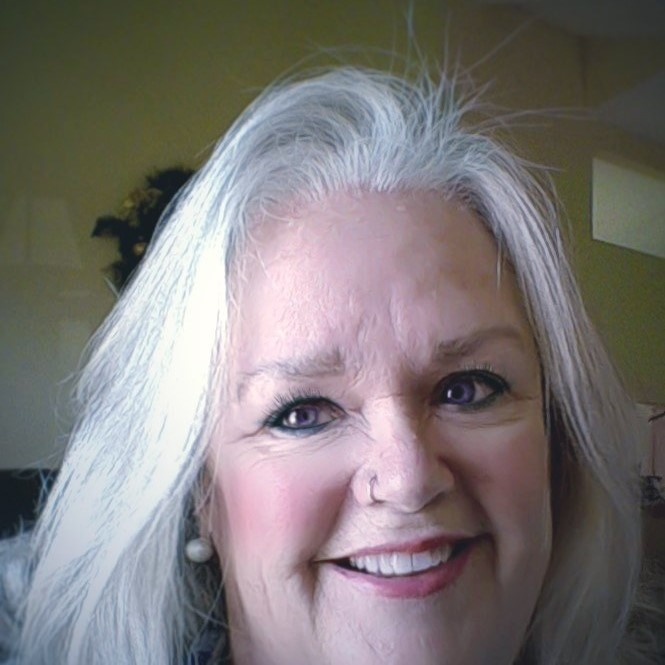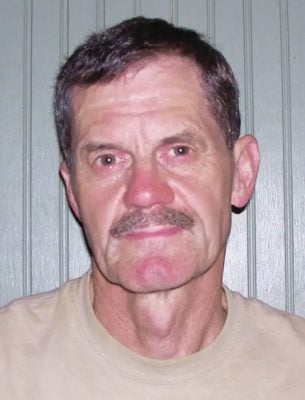CARMICHAEL: It seems America traded one crisis for another
Published 1:33 pm Thursday, June 4, 2020
|
Getting your Trinity Audio player ready...
|
Americans are a resilient lot.
Nearly three months into the coronavirus pandemic and subsequent lockdown, most of us have creatively found solutions to meet our basic needs.
We shop during non-peak hours, wear masks and keep the delivery services hopping by having everything from groceries, medication and fast food to clothing and items for entertainment delivered to our doorsteps.
We’ve delegated child care to healthy family and friends who have also been self-isolating.
Many of us have even planted gardens from which to feed their families in the months to come. We are resourceful.
The quarantine, while inconvenient, has resulted in many beneficial effects as well. Environmentalists have reported that oceans, rivers and streams have begun to run clear — free of toxins since many factories and businesses have been closed. Air pollution has been at an all-time low in large cities such as New York and Los Angeles in recent weeks.
Families have been forced to find alternatives to their usual summer activities at beaches, parks and ball fields. Parents on furlough from their jobs have been staying at home with their children and getting creative with wholesome activities that entertain and teach, and are shared as a family. Families have found their way back to the dinner table together.
As we’re learning to navigate one crisis, another has emerged. It was expected that a side effect of months in quarantine would take a toll on the mental health of the worldwide population and that has proven to be the case.
Health care professionals have been seeing an increase in mental and physical complaints stemming from fear, anger and depression caused by the pandemic; but this past week, in addition to the threat of viral infection, even deadlier diseases that have been prevalent for more than 150 years have once again reared their ugly heads. Racism and subsequent violence are spreading even faster than the coronavirus throughout our country.
I have been writing as not only a voice for the Baby Boomer generation, but also as a reluctant member of the 60-plus population.
Most of us were adolescents and teens in the 1960s, so we’ve seen this frightening and frustrating phenomenon before. The television and social media coverage of National Guard members being sent in as crowd control in full combat gear, discharging tear gas and weapons is nothing new to us. News footage from the 1960s could be substituted for today’s coverage of violence and protests in Minneapolis, Louisville and Chicago and few of the younger generation would know the difference.
I have many friends of color. I raised my children not to distinguish the color of skin as an indication of a person’s worth.
My son and daughter are both middle-aged adults with grown children of their own. One of them has also adopted children of color. To see those young black children having to be told how they must react to protect themselves if they are stopped by a member of law enforcement makes me sad and angry. I thought our society, while still prejudice, had matured beyond that.
I know most law enforcement officers (particularly those in our community) are honest, morally and ethically respected individuals who are dedicated to protecting our citizens. But I also know that not all law enforcement officials who had sworn an oath to serve and protect share those attributes. Deep-seeded, generational hatred and prejudice have been left to fester and have once again reached the boiling point.
I’ve learned to navigate the ‘new normal’ to protect myself from the coronavirus. I have not in 69 years learned to navigate a world where inequity among races is rampant. I am profoundly sad. I fear for the future of our country and the future of my grandchildren and great-grandchildren.
I call on all of you reading this column today to learn from the past. Time is running out to get it right.





